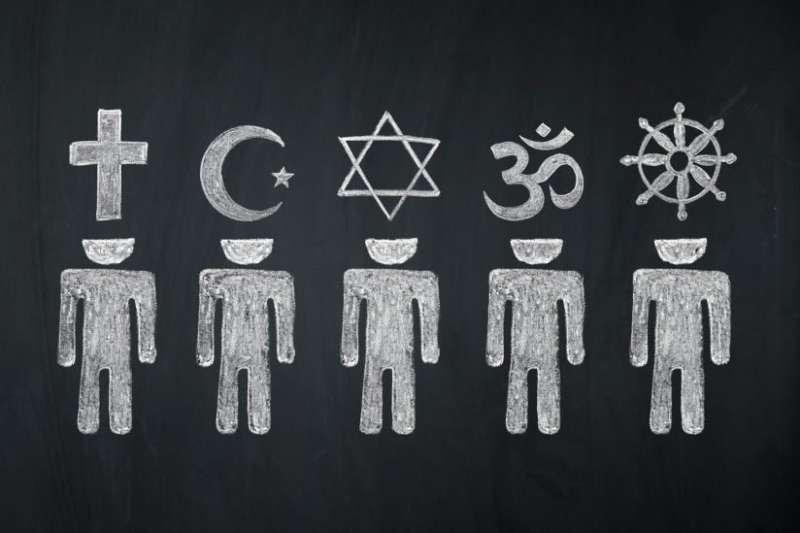Credit: University of Southern California
Many in the baby boomer generation—known for ushering in an era of protests that brought about transformative change in American society—are increasingly turning to churches, temples and mosques to find meaning in their later years of life.
This is the major finding from the latest wave of data collected from the Longitudinal Study of Generations, which was originally developed in 1970 at USC by then-assistant professor Vern Bengtson.
Now research professor of social work at the USC Edward R. Roybal Institute on Aging and the USC Suzanne Dworak-Peck School of Social Work, Bengtson has collected a ninth round of data in this 45-year study. The research was funded by the John Templeton Foundation.
"Many people become more engaged in religion and more involved in religious activities as they approach the end of life," Bengtson said.
Bengtson and his former USC colleague Merril Silverstein, now the Marjorie Cantor Endowed Professor in Aging at Syracuse University, were investigators on the recently completely three-year project that aimed to better understand how baby boomers identified with a religion and practiced it, as well as how it affected their well-being.
"One of the things we found in our study of baby boomers—particularly among the older boomers—was that many are now more likely to be churchgoers or engage in spiritual practices than they did in their middle years," Bengtson said. "One in five of the 599 boomers in our study reported they had increased their religious or spiritual activities in recent years."
Baby boomers and religion on the rise
Bengtson and his research team discovered three factors that may explain why some baby boomers become more religiously involved as they age.
The first reason is the most practical. People simply have more time in their retirement years and are not preoccupied by full-time work.
The other reasons are more personal. An example is the growing sense of impermanence that comes with age.
"People become more aware of the shortness of years remaining in their life," Bengtson said. "Many of them want to set their house in order, so to speak, at the end of life."
The third reason is connected to this awareness. It is the direct experience of the fragility of life.
"Many people experience a health crisis that actually brings them closer to death," Bengtson said. "It causes them to reassess what is truly important and what is much less important."
Men and women finding faith similarly
Bengtson expected to find clear gender differences among baby boomers. Findings from numerous research studies suggest that women tend to be more religious than men. This is reflected by women's higher rates of church attendance and membership among the general population.
Yet this was not true in Bengtson's results.
"In the study, we found that there was not a major difference between men and women in private religious practices such as prayer and devotional activities," he said.
In terms of perceptions of religiosity among men and women, there was no difference either.
"We asked people: 'Would you say you are religious?' 'Would you say you are a spiritual person?'" Bengtson said. "We didn't find any differences in the percentage of men compared to women who identified themselves as very religious or spiritual."
Provided by University of Southern California





















